Inclusion
Our AIS Dubai community includes a variety of families from a range of different backgrounds, cultures, beliefs and experiences. We value this diversity as it creates a rich environment for our students to learn and succeed in.
Within our school population there may be students who require targeted support or adjustments to the curriculum or physical environment. This may include students who are gifted as well as students who have developmental delays, impairments or special requirements that mean some aspects of learning and the school environment can be challenging.
At AIS Dubai we strive to cater for all students in our care.
Safeguarding our Students
The health, safety and well-being of all students are of paramount importance to all staff. Our children have the right to protection, regardless of age, gender, race, culture or disability. They have a right to be safe in our school and protecting children is everyone's responsibility at AIS Dubai.
KHDA Parent School Contract
Clarity and transparency are key to a constructive relationship between schools and the families they serve, and enables a schooling experience that has a child’s wellbeing at its heart.
The Parent-School contract has been introduced with this in mind. It ensures that both schools and parents are aware of their duties and responsibilities towards each other and towards their children. It is to the benefit to both schools and families that this relationship is based on agreed terms and conditions, set out clearly in the form of a contract.
KHDA Parent School Contract Details
UAE Education strategies
The National Strategy for Higher Education 2030 seeks to provide future generations with the necessary technical and practical skills to drive the economy in both public and private sectors. It also aims to prepare a generation of Emirati professionals to sustain growth in vital sectors such as knowledge, economy, entrepreneurship and the overall development of the UAE’s labour market.
Ministry of Education (MoE) Strategic Plan 2017-2021 aims to ensure inclusive quality education including pre-school education and establish a culture of innovation in an institutional working environment. Read more about the objectives of Education Strategic Plan 2017-2021.
Ministry of Education's Strategy 2010–2020 was formulated according to international best practices and leading education systems, keeping the interest of the student as the highest priority.
The strategy, comprised of 50 initiatives to be implemented through a 10-year plan, aims to reach a first-class education system.
Read about 'Raising the standard of education' in the UAE.
UAE Centennial Plan 2071
The UAE Centennial 2071 Plan aims to invest in future generations and equip them with the skills and knowledge needed to keep pace with the global rapid changes in order to make the UAE the best country in the world by its centennial in 2071.
Education is one of the four main pillars the UAE Centennial Plan 2071 is based upon:
Excellent education: Teaching advanced sciences and technology, space science, engineering, innovation and health sciences, while focusing on moral values and positive attitudes to enhance the professionalism of educational institutions. Shedding lights on the experiences of developed countries and developing mechanisms for discovering students’ individual talents early. Educational institutions are encouraged to be incubators of entrepreneurship and innovation and act as international research centers.
Australian Curriculum
The Australian Curriculum is designed to develop successful learners, confident and creative individuals, and active and informed citizens. It is presented as a progression of learning from Foundation - Year 10 that makes clear to teachers, parents, students and others in the wider community what is to be taught, and the quality of learning expected of young people as they progress through school.
Learn more about the curriculum
Information for Parents
It is parents, families and carers who have the most influence on their children. When families are actively involved in their children’s education, children usually enjoy school and achieve better results.





